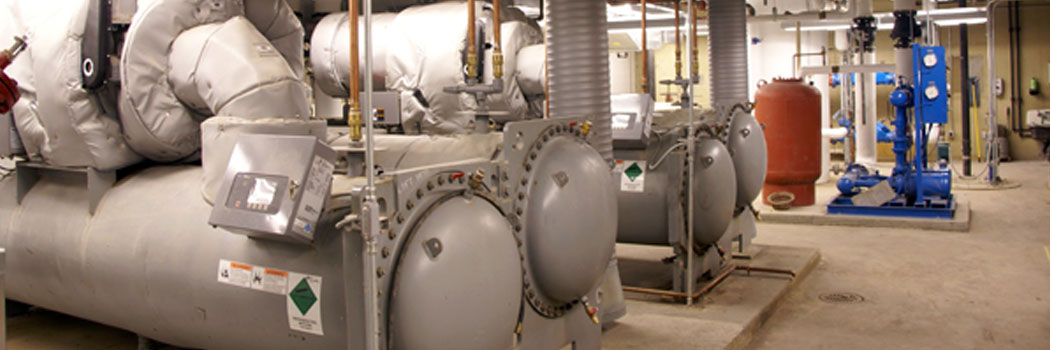
Energy Auditing and Recommendations
As per the Energy Conservation Act, 2001, Energy Audit is defined as “the verification, monitoring and analysis of use of energy including submission of technical report containing recommendations for improving energy efficiency with cost benefit analysis and an action plan to reduce energy consumption”. Implementation of recommended measures can help consumers to achieve significant reduction in their energy consumption levels. Energy audit involves a systematic study undertaken on major energy consuming sections and equipments including construction of heat and mass balance with a view to identify the flow of energy, utilization efficiency of energy in each of the steps and pin point wasteful energy used. A well conducted energy audit would reveal the areas of wastage of energy and it would be possible to suggest saving of energy.
The Energy Conservation Act requires the energy audit report to contain recommendations for improving energy efficiency with cost benefit analysis and an action plan to reduce energy consumption [Clause 14(i)]. The conduction of energy audit and implementation of its recommendations on cost benefit basis through accredited energy auditors are expected to help the designated energy consumers to achieve significant reduction in their energy consumption levels.
Equipment for Energy Auditing
Our Bench of Instruments includes:
Harmonic Power Analyser | Digital Power measurement Clamp meter | Lux Meter | DB meter | Insulation resistance tester | Temperature Gun
Role of Energy Auditor:
- Carry out a detailed energy audit
- Quantify energy consumption and establish base line energy information
- Construct energy and material balance
- Perform efficiency evaluation of energy & utility systems
- Compare energy norms with existing energy consumption levels
- Identify and prioritization of energy saving measures
- Analysis of technical and financial feasibility of energy saving measures
- Recommend energy efficient technologies and alternate energy sources
Report writing, presentation and follow up for implementation
Preliminary Energy Audit | Relatively Quick Exercise:
- Carry out a detailed energy audit
- Quantify energy consumption and establish base line energy information
- Construct energy and material balance
- Perform efficiency evaluation of energy & utility systems
- Compare energy norms with existing energy consumption levels
- Identify and prioritization of energy saving measures
- Analysis of technical and financial feasibility of energy saving measures
- Recommend energy efficient technologies and alternate energy sources
- Report writing, presentation and follow up for implementation
Detailed Energy Audit | Elaborate Exercise:
- Most Accurate estimate of energy savings and cost
- Clear view of the interactive effects of all projects, accounts for energy use of all major equipment
- Detailed energy cost saving calculations and project costs
Technical or Engineering Audits:
These are the most complex and cost incurring studies that are most often used by major corporations with intensive project approval processes, or by companies looking to implement major (and expensive) technologies including wind, solar PV (photovoltaic), hot water heating, solar heating (passive & active), CHP (Combined Heat Power), CHCP (Combined Heat Cool Power), refrigeration (mechanical & absorption), heat pumps, HVAC, high efficiency electric motors, biomass & small hydroelectric etc.
Services and recommendations from Techlabs for improvement of energy efficiency are based on:
- The most practical lines to ensure smooth implementation
- The sound economical consideration
- Measurements made with the latest generation instruments for energy Audit
- Consensus with our client, keeping in view their budgets and priorities
Click Here for more information.
